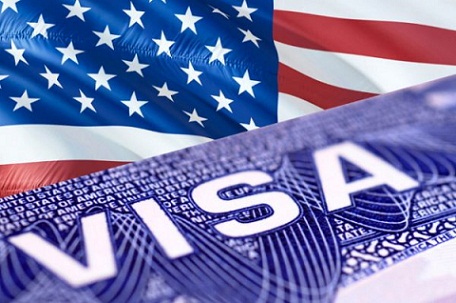The restrictions, issued as a devastating surge in coronavirus cases has overwhelmed India in recent weeks, prohibit many from returning to their homes, families and jobs in the United States
In early April, Payal Raj accompanied her family to India to renew the visas that permit them to live in the United States. She and her husband waited until they had been vaccinated, carefully preparing their paperwork according to the advice of their immigration lawyers. But the visa itself would soon strand her in India indefinitely, separating her from her husband and daughter in Hendersonville, Tennessee.
“Our family is in a crisis,” said Raj, who is one of thousands of immigrants stuck in India, in part because the Biden administration’s restrictions on most travel from the country mean that temporary visa holders are explicitly barred from re-entering the United States.
The restrictions, issued as a devastating surge in coronavirus cases has overwhelmed India in recent weeks, prohibit many from returning to their homes, families and jobs in the United States. Even those exempt under the ban are in limbo as the outbreak forces the U.S.Embassy and consulates to close, leaving many with no clear path home.
Raj’s husband, Yogesh Kumar, an operations manager for a multinational corporation, lives in the United States on an H-1B visa, or a temporary permit for highly technical foreign workers. As dependents, Raj and their daughter hold H-4 visas, which allow temporary workers to bring immediate family and must be renewed about every three years at an embassy or consulate outside the United States.
Kumar and his daughter, Saanvi Kumar, renewed their visas, but Raj was asked to submit biometrics and complete an in-person interview, both of which would not be completed until after the travel restrictions went into effect two weeks ago.
The White House did not respond to questions about the restrictions on travel from India, but a State Department representative described them as “appropriate public health measures” that are “critical” to defeating the coronavirus.
“The pandemic is a global issue, and it will not be over for anyone until it’s over for everyone,” the representative said in a statement.
But critics say that the exemptions to the travel ban are unevenly applied and still risk spreading the virus. American citizens and permanent residents, for instance, can travel freely, while people who are fully vaccinated, test negative or quarantine before and after flying cannot.

